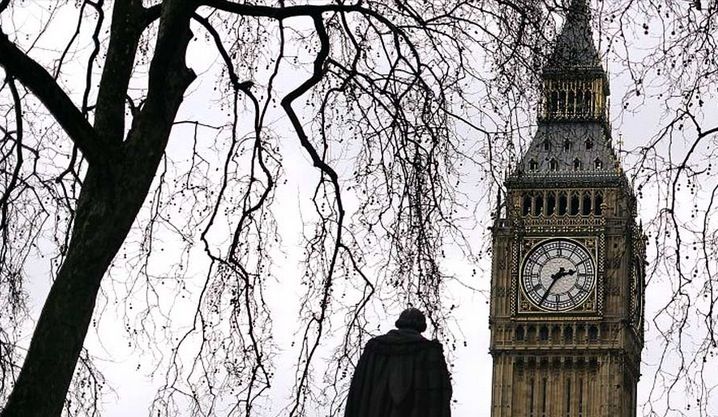David Cameron has rejected criticism of the government's welfare reforms after a Financial Times analysis showed that cuts are hitting poor people in the north far more than those in southern Conservative heartlands.
A raft of benefit changes, several of them introduced this month, will take £19bn ($29 billion) a year out of working-age social security between now and 2015, with some areas of the north losing five times more than wealthier parts of the south.
Responding to the FT evidence on Thursday, the prime minister insisted the coalition was right to tackle welfare dependency and denied the reforms would deepen regional economic divisions.
"Labour tested to destruction the idea that simply through larger and larger increases in the welfare bill you could handle the north-south divide," he told Sky News.
He admitted the growing gap between the poorest and middle earners was "very important", but said: "You shouldn't be better off out of work ... than you are in work, working hard trying to do the right thing for your family."
In addition to helping tackle the budget deficit, ministers hope welfare reforms will eventually encourage more people into work and increase economic dynamism. But the FT-commissioned research by Sheffield Hallam University suggests the immediate impact will involve more pain for the poorest areas of Britain.
Stephen Timms, shadow employment minister, said: "The government is hitting hardest the places where jobs are fewest, at time when their policies are failing to deliver the growth they promised and when unemployment is forecast to rise."
Labour leader Ed Miliband's office declined to comment on the FT research, which comes as the opposition struggles to find a coherent message on welfare.
Some in the party are concerned the party risks getting stuck in the position it was in when opposing Margaret Thatcher in the 1980s of opposing cuts without its own constructive economic message.
In an article in the New Statesman on Thursday, former prime minister Tony Blair wrote: "The Labour Party is back as the party opposing 'Tory cuts', highlighting the cruel consequences of the Conservative policies on welfare and representing the disadvantaged and vulnerable."
Welfare has been thrust up the political agenda as reforms have taken effect this month, with the Tories confident they are on the right side of public opinion in their push to drive more people off benefits into work.
A poll last year by YouGov for Prospect magazine showed 94 per cent of Conservative voters wanted benefits to fall, but more strikingly, so did 54 per cent of Labour voters.
The newly-introduced £26,000 benefits cap for households is supported by more than three-quarters of voters of all three main parties, according to a poll when the policy was announced by the government last year.
Labour strategists know that welfare is a risky area for the party heading into the 2015 election. One told the FT: "We want the campaign to be about the NHS. [The Tories] want it to be about welfare."
However, Mr Miliband's advisers insist there is little to be gained politically from mimicking the Conservatives' hardline stance. "We have realised the Tories are willing to push more people into poverty in their quest to look tough on welfare. Once you realise that, matching, or even trying to outgun them on the issue, would only drive you into a spiral of who can cut the most."
